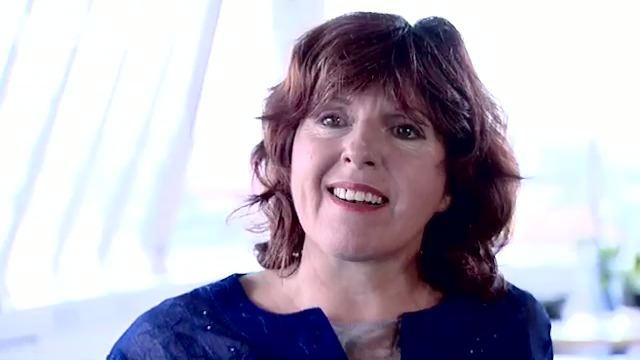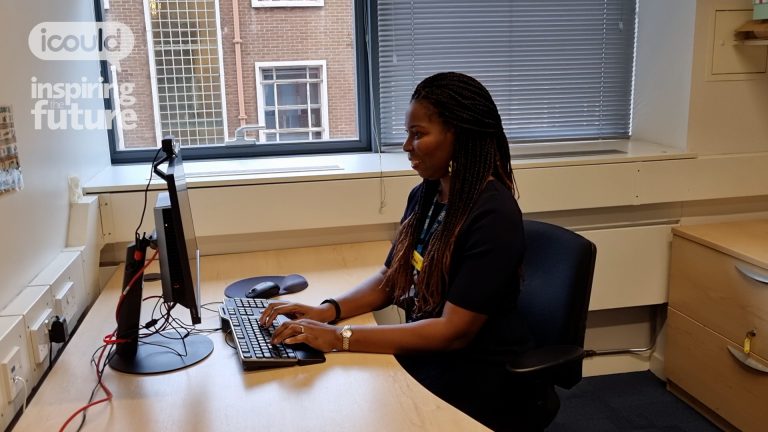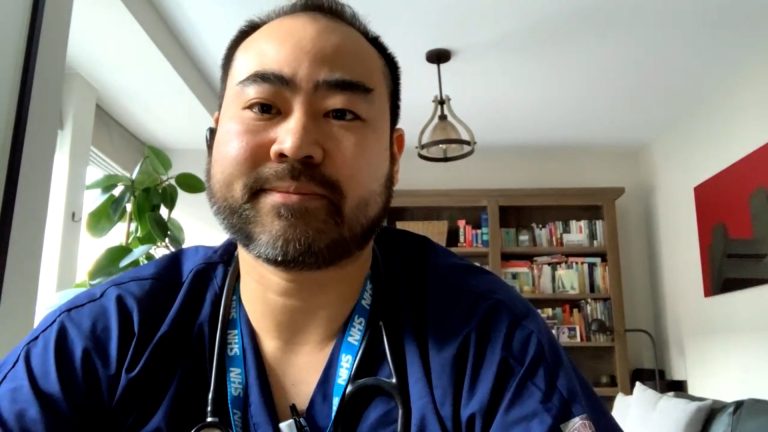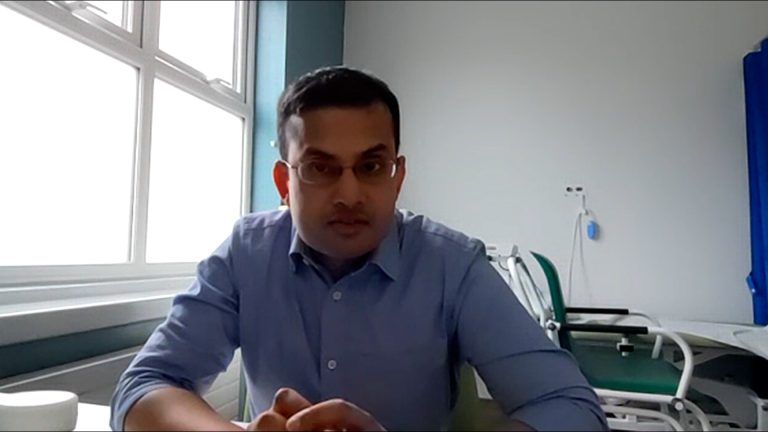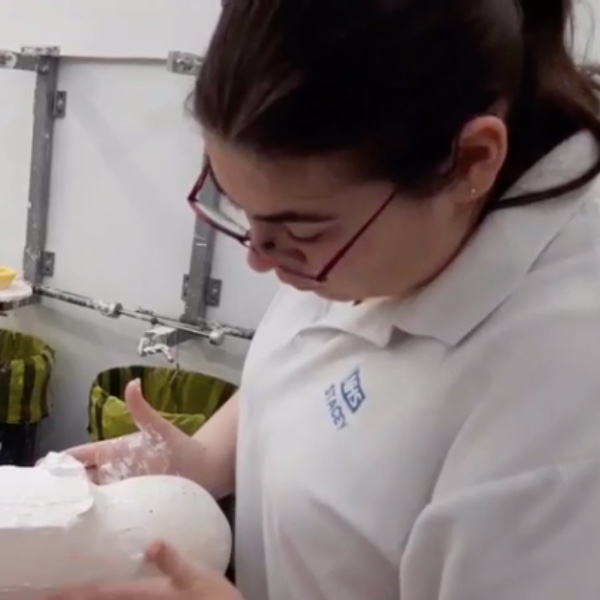Consultant Psychotherapist
Wolverhampton City Primary Care Trust
Dr Theresa B – Wolverhampton PCT
00:00:00 My name’s Theresa B and I’m a consultant psychotherapist. My job really consists mostly of listening to people and helping them reflect on their problems but hopefully not only on problems so on other things as well, more positive aspects of their lives.
00:00:21 I come from a medical family and I suppose I was always very aware of that influence and probably aware that my father really would like me to be a doctor. I was very unsure about that because I felt you need to be scientific to be a doctor. Kind of through my teens I think it caused me quite a lot of angst, really, should I do medicine or not? Partly because I couldn’t think what else to do. I ended up applying to university to study French and Russian, got a place to do that but really disliked the university.
00:00:55 I think it was a combination of things. I don’t think it was so much the course. I had a bit of a crisis of confidence. I then gave up doing that. I went back home and just did nothing for several months, really, and any suggestion anybody made I was kind of, “No, I’m not doing that.”
00:01:12 A friend of my father’s who happened to be a psychiatrist who I knew slightly said, “Rather than sitting round doing nothing and being thoroughly awkward why don’t you do something useful?” So, I think it was a kind of challenge and I thought, “Well, alright then, I’ll give it a go.” So, I ended up working in the local psychiatric unit. For the first couple of days was totally full of anxiety and quite scared because obviously there were patients there who were quite mad, really, quite disturbed and I was frightened of them.
00:01:47 After a couple of days I was in one of the sort of parts of the building and one of the patients was just chatting, really, talking to me. But he said that he felt like killing himself and I panicked, I had no idea what to do so I went straight to the sort of head nurse and said, “Robert is thinking of killing himself, I don’t know what to do.” And she then said, “Well, did you ask him anymore about it or did you talk to him?” And I said, “No, I just came to get you.”
00:02:18 But I suppose that stayed in my mind as something that I should think about that maybe it was possible to talk to people who felt like killing themselves or had even attempted to kill themselves. By that time I’d decided that I would change my course to medicine. I remained very uncertain about which career path I wanted because medicine is actually extremely broad but the previous experience I’d had of working in the psychiatric unit was obviously still there in my mind, almost like on a parallel track.
00:02:52 I don’t think I actually thought about it directly but it was very much there. Gradually I decided I wanted to specialise in psychotherapy which is a kind of the talking treatment end of psychiatry, if you like. With some changes along the way I’ve remained in that area ever since.
00:03:08 I think I’m actually more willing now to say, “Yeah, why not do that? I’ll take a bit of a risk on that.” So, I think I was over cautious about things, usually worried about, you know, what will people think of me if I do that? I think it’s taken me a long time but I’ve got better at actually thinking, “Well, I’ll say that or I’ll do that,” and then see what the consequences are.
00:03:27 I think there are moments which can be quite rare when you realise that, I realise that someone says something that means that they have understood something about themselves which perhaps they hadn’t understood before. That can be quite a small thing or it could be occasionally you get a revelation where somebody really realises something about, you know, the whole course of their life is wrong or they can change it and those moments are very rewarding. Much more rewarding, in fact, than somebody just being terribly grateful or whatever it might be.
00:03:59 ENDS
Psychotherapist Theresa B came from a medical family but was unsure if that was the right direction for her to follow. After giving up her university degree Theresa undertook work experience in a psychiatric unit, where a chance encounter with a suicidal patient provoked an interest in psychiatry that would shape the rest of her career.
More information about Therapy professionals n.e.c.
The UK average salary is £29,813
There are 37.5 hours in the average working week
The UK workforce is 47% female and 53% male
Future employment
- Prescribes diet therapy and gives advice to patients, health care professionals and the public on dietetic and nutritional matters for those with special dietary requirements or to prevent illness amongst the general population;
- Diagnoses and treats disorders of vision and eye movements, monitors subsequent progress and recommends further optical, pharmacological or surgical treatment as required;
- Manipulates and massages patient to discover the cause of pain, relieve discomfort, restore function and mobility and to correct irregularities in body structure;
- Adopts a holistic approach in assessing the overall health of the patient, and treats by inserting needles under the skin at particular locations according to the disorder being treated;
- Administers aromatic herbs and oils and massage to relieve pain and restore health;
- Assesses and provides treatment for people with mental disabilities, or those suffering with mental illness, stress, and emotional and relationship problems;
- Diagnoses and treats behavioural problems in animals.

